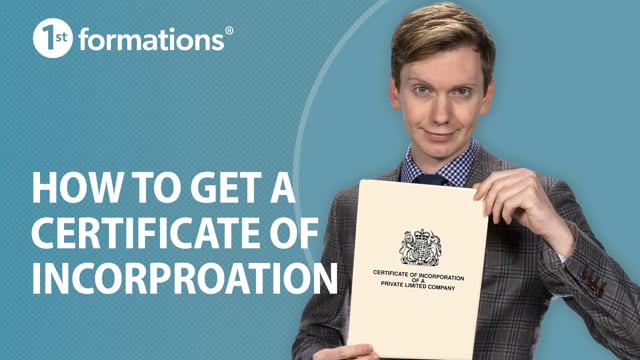What you should know...
Limited by guarantee companies are most often formed by non-profit organisations such as sports clubs, workers' co-operatives and membership organisations, whose owners wish to have the benefit of limited financial liability.
A company limited by guarantee does not have any shares or shareholders (like the more common limited by shares structure) but is owned by guarantors who agree to pay a set amount of money towards company debts.
Furthermore, there will generally be no profits distributed to the guarantors as they will usually be re-invested in the business to help promote the non-profit objectives of the company. If any profits are distributed to the owners, then the company will forfeit its right to apply for charitable status.
Benefits of companies limited by guarantee
- A company limited by guarantee is a distinct legal entity from its owners and is responsible for its own debts.
- The personal finances of the company’s guarantors are protected. They will only be responsible for paying company debts up to the amount of their guarantees.
- 'Limited' status builds trust and confidence amongst clients and investors. This type of professional credibility is valuable and can help a company achieve its objectives more effectively.
Forming a company limited by guarantee
It is easy to set up a company limited by guarantee through 1st Formations because we offer a specialist 'Guarantee Package' designed for this purpose.
Please make yourself aware of the following requirements and regulations before applying to incorporate a limited company:
- All companies limited by guarantee must be registered with Companies House, the Registrar of Companies in the UK.
- A company limited by guarantee must have at least one director and one guarantor. One person may assume both positions, or there can be multiple directors and guarantors. Information held on all directors and guarantors will be available on public record.
- All limited companies must provide a physical address to be used as the registered office address in the country (jurisdiction) where your company is registered. This should be based in the UK.
- Standard Industrial Classification (SIC) codes should be supplied. These codes explain the nature of your company’s trading activities. You can have up to four SIC codes.
- Information about People with Significant Control (PSCs) in the business should be provided. Normally, the directors and guarantors will be PSCs.
- All registered companies require a memorandum of association and articles of association. The memorandum states the name of each owner (guarantor) and their agreement to set up the company and become members. The articles outline the rules and regulations the company must follow. The memorandum is provided by Companies House and the articles are supplied by 1st Formations.








